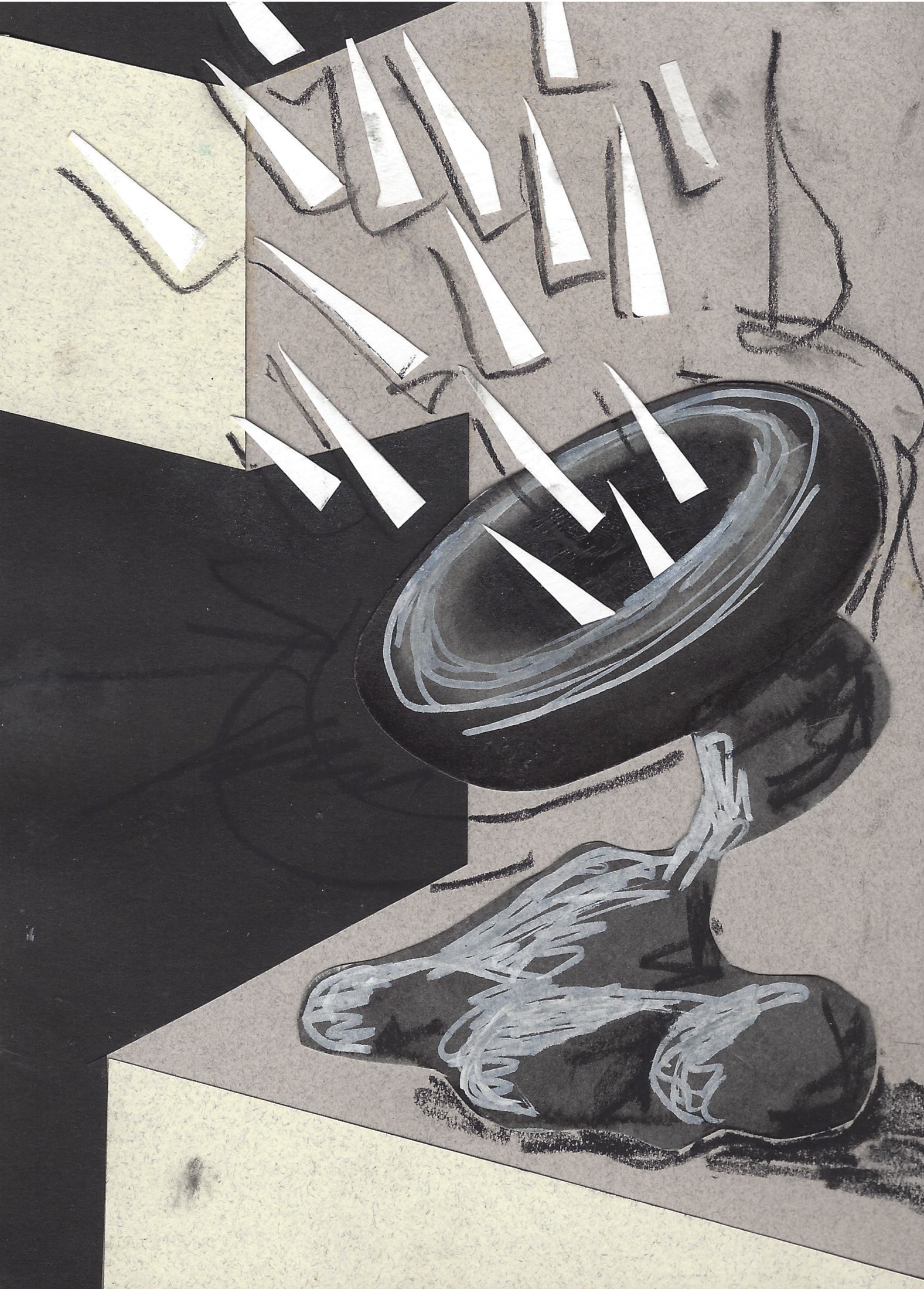Since the spring of 2016, a campaign for the recognition of work done in a student environment is led by the United committees on student work (CUTE, in French). The CUTEs are autonomous committees made up of students in an education institution and which, beyond the political ideologies on which they are based, chose to work together on this question.* This campaign focused first of all on the most visible aspect of the non-recognition of student work: unpaid internships. During the last year, we were able to determine that this demand grew in popularity on campus, and was able to link up with areas of studies traditionally more distant from student politics. The CUTEs were the main actors of this rallying mobilization which will continue this fall. The Concordia Student Union (CSU), the organization representing undergraduate students at Concordia University, is also part of the movement and will make the issue of unpaid internships the priority of its action plan in the following months. It’s now time that the struggle for paid internships goes into full swing at Concordia.
But the issue of unpaid internships is only the tip of the iceberg in the invisibility and non-recognition of student work. That is why the CUTE has put forward a critical analysis of reproductive labour applied to the whole student condition. What distinguishes in particular productive labour from reproductive labour, is the way it is valued: all that concerns productive labour is salaried whereas what is reproductive, that is to say all the work done outside traditional production locales (factories, offices, service locations, etc.) is viewed as a “natural” “basic” effort for life. Reproductive work is historically largely done by women and finds its justification in the essentialist attribution of gendered roles according to which knowing how to take care of others and the house, household chores to sexual efforts, is simply not work and should not be valued through a salary. Why? Where does work begin and end? Who decides? What value is to be given to work? To raise these questions concretely, is a reflection on what regulates the rhythm of our lives in this society, giving ourselves the collective challenge to rethink what is work.
The student condition is a transition zone between two stages: life where we depend on the family institution and that where we free ourselves economically from it by work. During this phase, we need to pay and get into massive debt. We will have to study, edit, create content; for many of us we go on to learn the job directly through unpaid internships, but for which we pay tuition fees. In reality, we are already workers, to whom this status is denied. Our work is considered as by being one of reproduction: we are made apprentices in training who then replace other “real” workers on the labor market. The university is thus a diploma factory where we have to pay to have access and where the daily tasks of students are made invisible and viewed de facto as labour done for free. The CUTEs instead defend the idea than it is necessary to consider reproductive work in the light of what is valued as productive work. By demanding a salary for student work, it is as much an issue of putting an end to the corporatist vision of education that turns us into user-payers, and of criticizing the separations between the various categories of workers.
A United committee on student work (CUTE) will look at these issues this fall at Concordia. If these things are important to you and you wish to join a dynamic campaign already well advanced in several Cégeps and universities, do not hesitate to contact us at cute.concordia@gmail.com
FOUNDING MEETING OF CONCORDIA’S COMMITTEE ON STUDENT WORK (CUTE)
Monday, September 25th, 6 PM
At the CSU Lounge (7th floor, Hall Building)
* There are committees at Cégep Marie-Victorin, at Cégep de Sherbrooke, at the Université du Québec à Montréal, the Université du Québec en Outaouais and the Université de Montréal.
* * *
This article was published in the Fall 2017 issue of the english edition of CUTE Magazine.
To learn more about the struggle for the full recognition of student work, to discuss or contribute to it, we can contact us via the CUTE Campagne sur le travail étudiant page.
